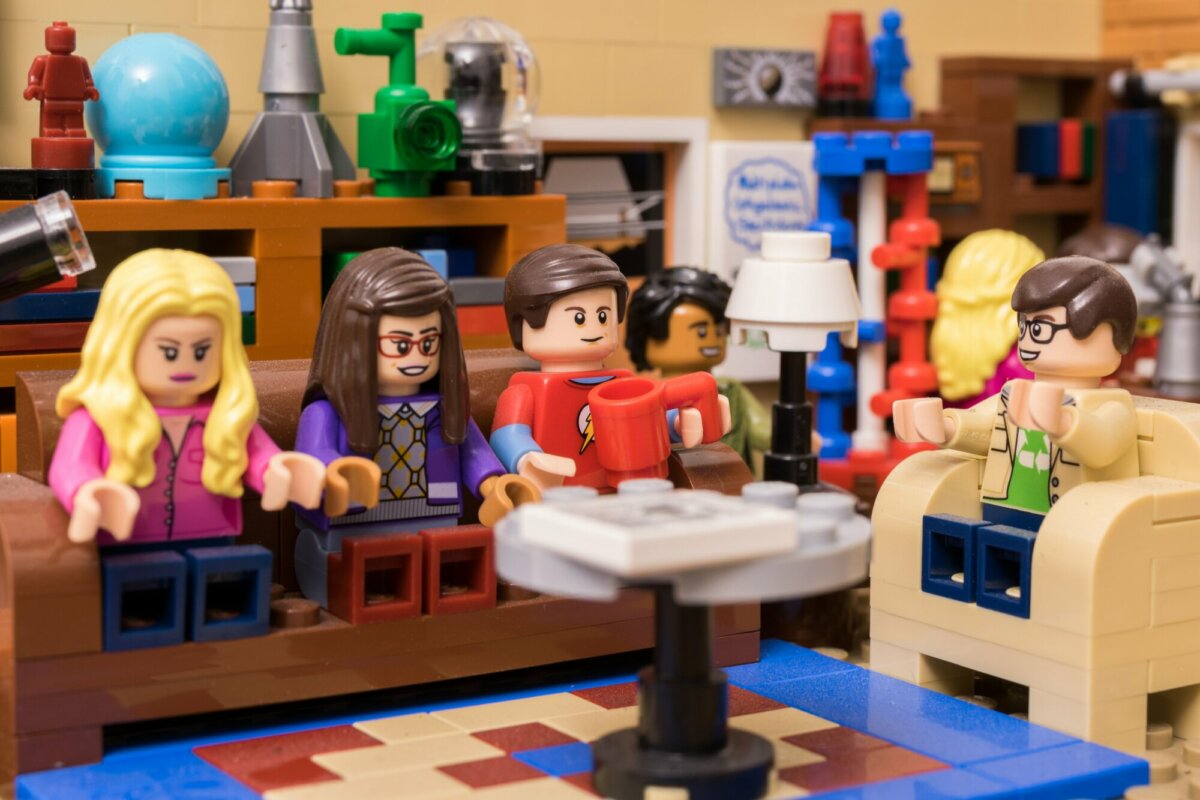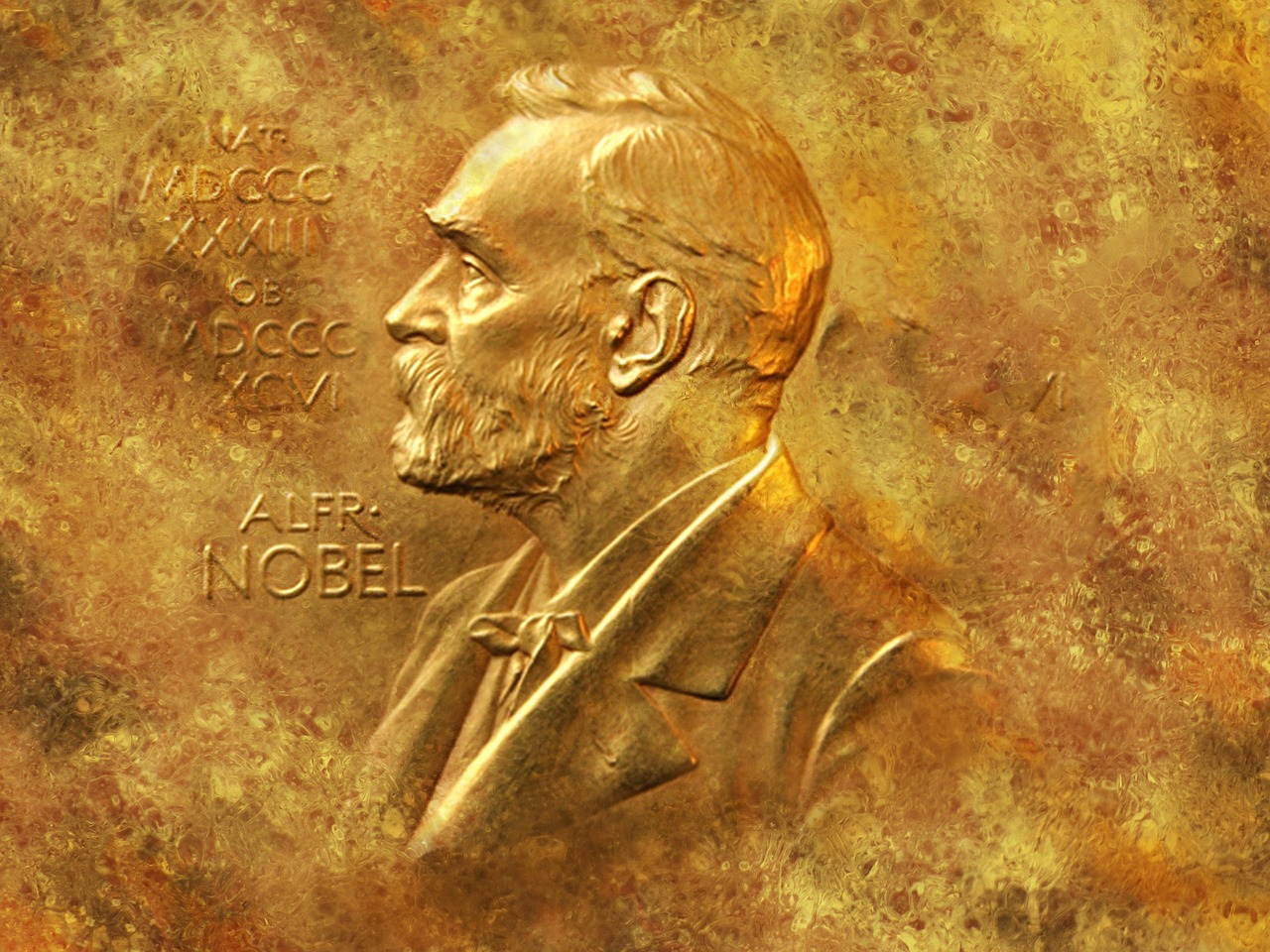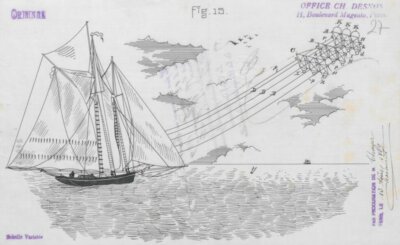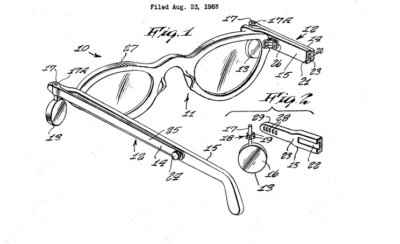Everyone knows or has heard of the Nobel Prizes awarded each year to different scientists, writers and personalities. But few of us really know who was Alfred Nobel, the man who created them.
Throughout his career, Mr. Nobel, talented entrepreneur and prolific inventor, had filed no less than 350 scientific patents, including that on dynamite. Learn more about his history below.
Birth in Sweden and scientific studies
Alfred (Bernhard) Nobel was born in Sweden in 1833. He comes from a family that includes several engineers and scientists, like his father, a business manager and author of inventions in the field of explosives but also in the field of transformation of wood (plywood). He spent part of his youth in Russia before going to the United States at the age of 18 to study chemistry. There, he worked with John Ericsson, an inventor who was also native of Sweden. In 1850, Alfred spent a year in Paris studying under the guidance from Théophile-Jules Pelouze, a colleague of Ascanio Sobrero who discovered nitroglycerin.
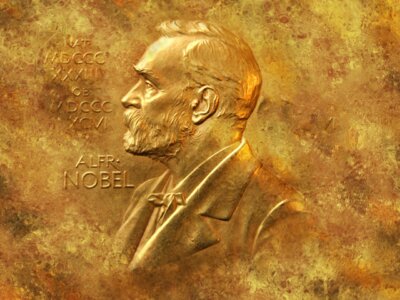
A prolific inventor
With an extensive knowledge gained from working alongside these various scientists Alfred Nobel returned to Sweden and, from 1862, devoted himself to the study of explosives, following in the footsteps of his father. His main objective is then to make the use of nitroglycerin less dangerous. He eventually discovered that this substance was safer when mixed with an inert solid and patented a more reliable detonator in 1865, then patented the mixture he called “dynamite” in 1867. This invention revolutionized mining work and the development of the railroad, greatly reducing the number of accidents. It fully contributed to the economic boom linked to the Industrial Revolution.
His research continued for years in the field of explosives, leading to the filing of numerous patents, sometimes as a result of incidental findings.
In 1894, he acquired the Bofors foundry, a cannon factory which enabled him to build up a considerable fortune.
Alfred Nobel died on December 10, 1896 in San Remo, Italy at the age of 63, with 355 registered patents, 90 factories worldwide and an impressive fortune.
The creation of the Nobel Prize
The Nobel Prize was not created during the life of the inventor, but only after the reading of his will. Indeed, Alfred Nobel, having no children, decided to bequeath practically all of his fortune to a Foundation responsible for rewarding “those persons who have rendered the greatest services to mankind” in five fields: diplomacy (peace), literature, physics, medicine (or physiology) and chemistry.
It will take 5 years, the time to make the good arrangements, for the Prize to see the light of day. It was first awarded in 1901 and has been presented annually ever since (with exceptions during world wars). Today, it is a reference and the personalities to whom it is given enjoy a strong reputation worldwide. Among the best known, Marie Curie who won the Nobel Prize in Physics in 1903 and the Nobel Prize in Chemistry in 1911. This year, two French people won the famous prize: Annie Ernaux in literature and Alain Aspect in physics (shared with an American, John F. Clauser, and an Austrian, Anton Zeilinger).
While the winners are announced in October, the actual awards ceremony takes place each year on December 10, the anniversary date of Alfred Nobel’s death, in Oslo (for the Nobel Peace Prize) and Stockholm (for the others).
As for the “true-false” Nobel Prize in Economics, it was created much later, in 1968, by the Royal Bank of Sweden.
Link to the Nobel Prize website
To further demonstrate, if necessary, the image he represents for inventors, scientists, artists and creators, we refer you to the very pleasant and intelligent show “Big Bang Theory”. No spoiler, but go all the way to the last season.
